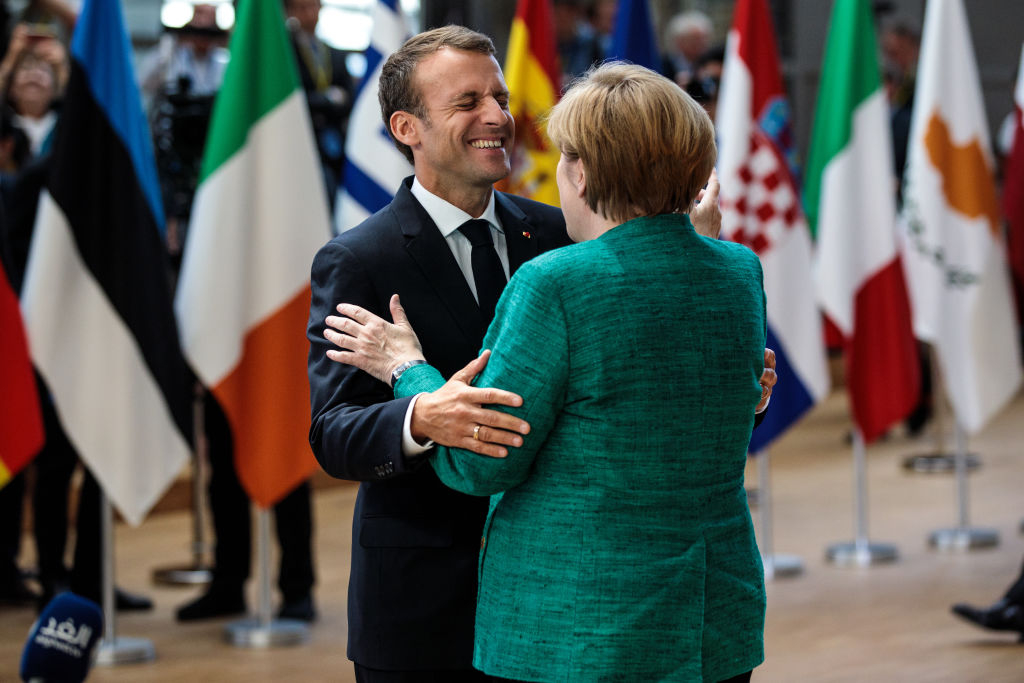The West's Big-Ticket Power Grabs
Why Should People Respect the Social Contract when Politicians Do Not?
by David Brown • December 31, 2018 at 5:00 am
- The assertiveness of supra-national organisations with a focus on global policy-making is direct threat to the sovereignty of the nation state, and a dilution of the power of the individuals within it.
- Most alarmingly, as MEP Marcel de Graaff neatly surmised from the UN Global Compact for Safe, Orderly and Regular Migration: "Criticism of migration will become a criminal offense." At what point have we left all pretext of democracy and moved into the sphere of dictatorship, manifest at a supranational level?
- "It's very simple: the globalist political elite doesn't respect nation-states, nor does it give a damn about the views of ordinary people. Indeed, it despises them so much that it would much rather make their views illegal than listen to what they have to say." — James Delingpole, Breitbart, December 9, 2018.

French President Emmanuel Macron's recent dismissal of nationalism as "selfish" and a "betrayal of patriotism" is at odds with strengthening populist movements sweeping across Italy, Germany and Spain. Pictured: Macron shares a laugh with German Chancellor Angela Merkel at the European Council leaders' summit on June 28, 2018 in Brussels, Belgium. (Photo by Jack Taylor/Getty Images)
It is a strange time to be a citizen in a Western democracy. Our society is based on exchange -- we transact in the free market, we share ideas online, and most significantly we give up some of our natural liberty in exchange for a civil society and a vote.
But increasingly, the freedoms supposed to be protected by civil society are being eroded away. At the level of the individual, our freedom of speech is under attack. Criticism of migration is apparently about to become "hate speech" and a prosecutable offence.
When the authority of the nation state is ceded to a supra-national body, such as the United Nations, our power as citizens is diluted.
Based on the contractual theory of society and the works of Hobbes, Locke and Rousseau from the 17th and 18th century, real power is supposed to sit with the people; in order to retain moral character, government must thus rest on the consent of the governed, or the volonté générale ("general will"):
No comments:
Post a Comment